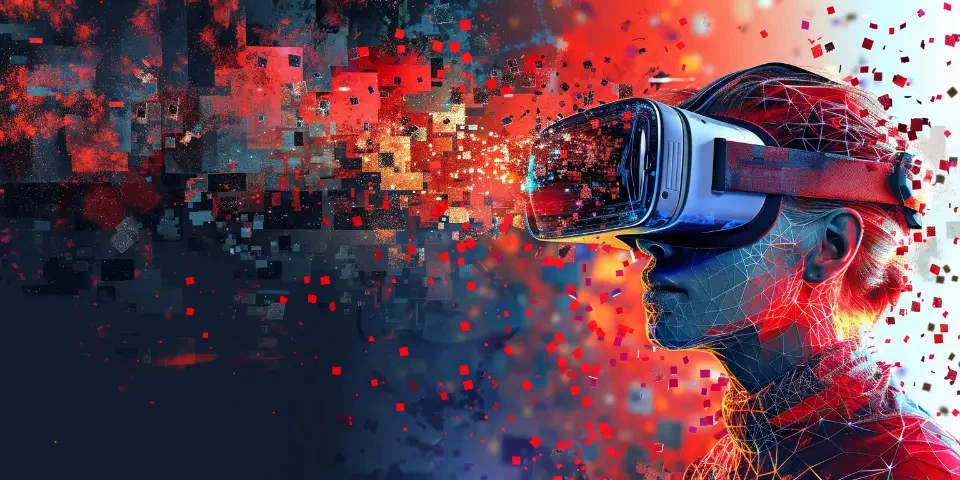The Future is Now How AI is Transforming Industries and Impacting Users
Artificial Intelligence (AI) is revolutionizing industries across the globe, with its transformative capabilities and potential to impact users in profound ways. From healthcare to transportation, AI is making significant strides, bringing innovation, efficiency, and improved user experiences. In this article, we explore several key areas where AI is making a noteworthy impact.
1. Healthcare
AI is revolutionizing healthcare by enhancing diagnostics, improving patient care, and facilitating medical research. Machine learning algorithms analyze vast amounts of patient data to identify patterns and make accurate diagnoses. Additionally, AI-powered technologies like robotic surgery and virtual assistants are transforming the way medical procedures are conducted.

2. Transportation
The transportation sector is witnessing a massive transformation with the advent of AI. Self-driving cars, backed by AI algorithms and sensors, are set to revolutionize the future of transportation. These vehicles can enhance road safety, reduce congestion, and provide convenient and efficient mobility options for users.
3. Manufacturing
AI is rapidly reshaping manufacturing processes by enabling automation, predictive maintenance, and quality control. Machine learning algorithms can detect anomalies in production lines, optimize inventory management, and improve overall operational efficiency. This technology allows manufacturers to streamline processes, reduce costs, and deliver higher quality products to customers.
4. Finance
The finance industry heavily relies on analyzing vast amounts of data to make informed decisions. AI algorithms can process and analyze this data at an unprecedented speed, facilitating fraud detection, risk assessment, and personalized financial recommendations. Chatbots powered by AI are also being used to provide instant customer service and support.
5. Education
AI is transforming the education sector, offering personalized learning experiences and improving accessibility. Intelligent tutoring systems leverage AI to adapt educational content based on individual student needs, fostering a more effective learning environment. AI-powered language translators are also breaking language barriers and enabling global collaboration.
6. Entertainment
The entertainment industry is leveraging AI to enhance user experiences through recommendation systems, content creation, and virtual reality (VR). Streaming platforms use AI algorithms to recommend personalized content based on individual preferences and viewing habits. AI-generated virtual characters can also provide interactive and immersive experiences in VR.
7. Agriculture
AI contributes to sustainable and efficient practices in agriculture. Through sensors, drones, and AI-powered analytics, farmers can monitor crop health, optimize irrigation and fertilizer usage, and predict crop yields. This technology enables precision farming, reducing resource wastage and enhancing productivity.
8. Energy
AI is driving innovation in the energy sector by optimizing energy consumption, improving grid stability, and enhancing renewable energy integration. Machine learning algorithms analyze massive amounts of data to optimize energy distribution and predict maintenance needs in power grids. AI also facilitates the development of smart grids, enabling efficient use of renewable energy sources.
Frequently Asked Questions:
Q: Will AI replace humans in the workforce?
A: While AI automation may replace certain repetitive tasks, it will also create new jobs and opportunities. AI works best when combined with human intelligence, enhancing productivity and enabling humans to focus on more complex and creative tasks.
Q: Is AI ethical?
A: The ethical concerns surrounding AI are valid. It is crucial to ensure that AI algorithms are developed and implemented with fairness, transparency, and accountability. Striking the right balance between innovation and ethical considerations is essential.
Q: Can AI surpass human intelligence?
A: AI has shown remarkable progress, but achieving human-level intelligence, known as artificial general intelligence (AGI), is a complex task. While some experts believe AGI is possible in the future, others argue that it remains highly uncertain.
Explore your companion in WeMate